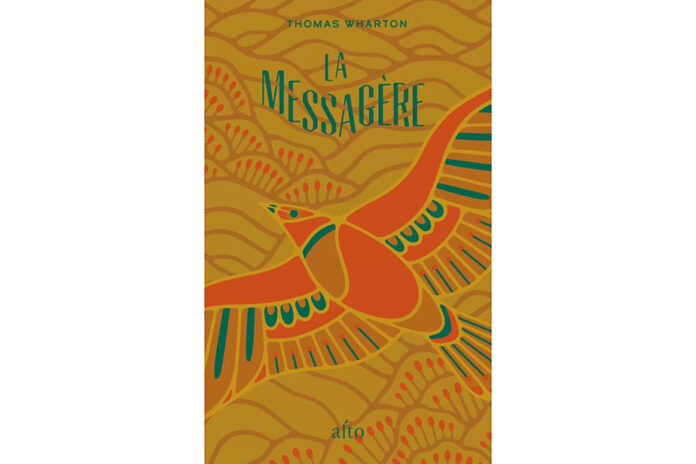A valuable “ghost ore”. Space-time distortions. An entire city condemned. A desperate fight to save animal species on the brink of extinction. Alberta writer Thomas Wharton, after a decade-long hiatus without novel publication, dips his pen into the inkwell of science fiction to depict a world where the ecological crisis has reached its peak, taking on a new face.
One of the unknowns in the equation: a new and very lucrative source of energy, the extraction of which would cause “decoherences” (a sort of hiatus in time and space), forcing the closure of River Meadows, a mining town in the North canadian.
Despite everything, Alex sets out to look for his sister Amery, previously present in this area, but who has stopped showing signs of life. At the same time, Claire, a trafficker in rare and endangered animals, arrives on a mysterious island. Against a backdrop of serious climate disruption, the sails will rise one by one, even if the cohesion of everything sows doubt.
This small parallel universe rooted in our current failings turns out to be particularly successful, Wharton’s flowing writing plunging us into a multifaceted intrigue that Borges or García Márquez would not have denied.
Creative and cleverly convoluted, The Messenger approaches the environmental theme in an original and captivating way. What’s more, the translation by Sophie Voillot, who has already distinguished herself for her work on the author’s previous titles, preserves the relief of the story.















